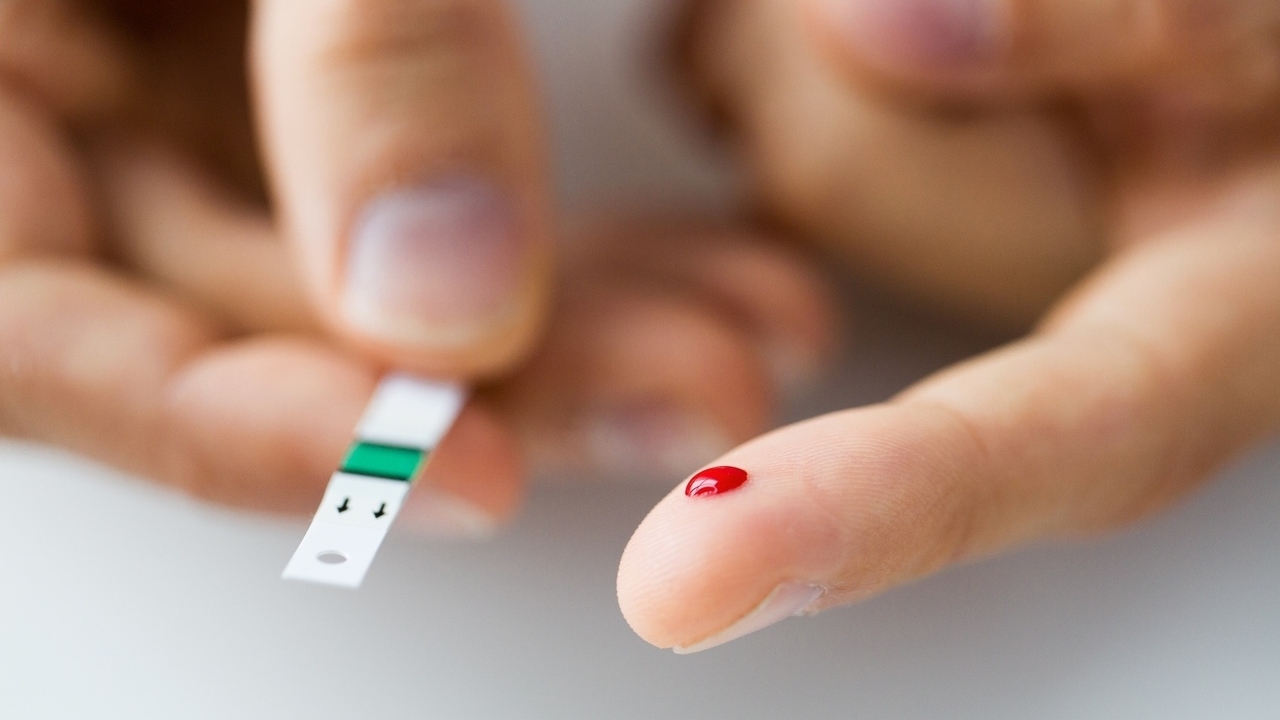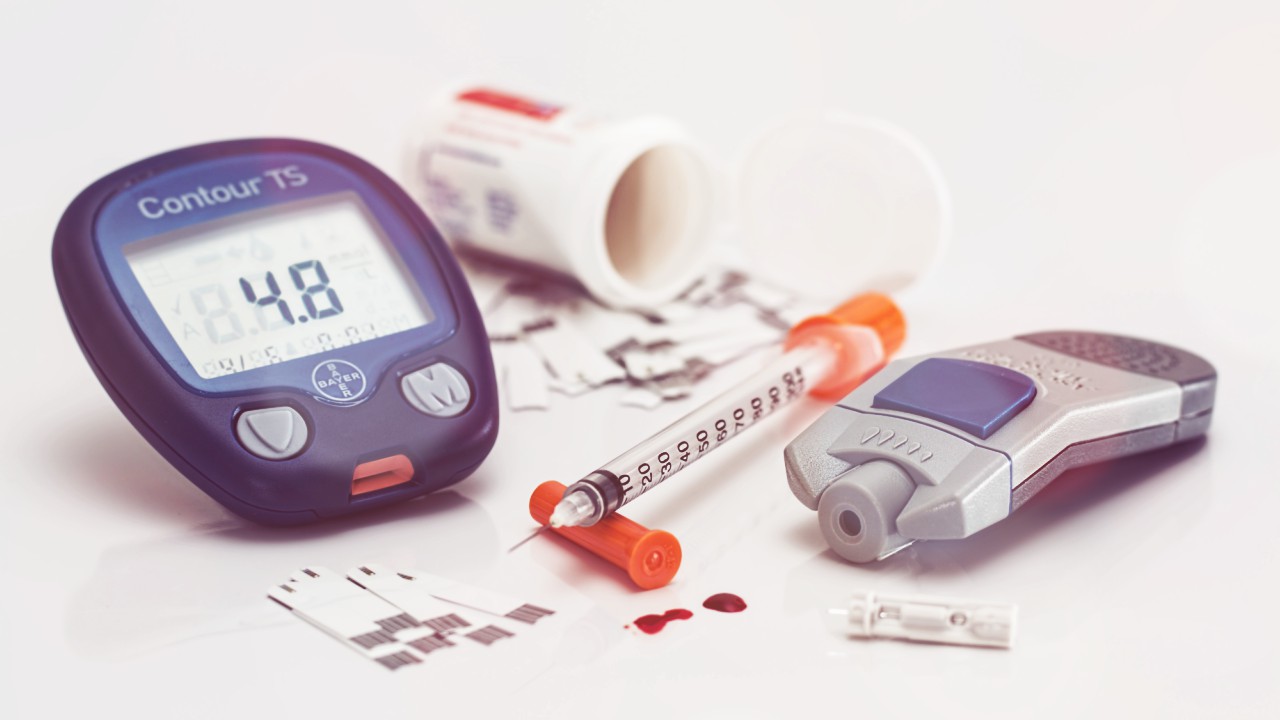The Mayo Clinic describes Type 1 Diabetes as “a chronic condition in which the pancreas produces little or no insulin, a hormone needed to allow sugar (glucose) to enter cells to produce energy.” What causes this disease?
There are several factors that may contribute to the onset, starting with genetics or viruses. It is chronic and cannot be “prevented.” There is no cure, but individuals can be taught how to mange this condition. The prospect for most individuals with diabetes (type 1) is very good as long as proper treatment is given and maintained.
Signs for type 1 diabetes can begin suddenly or gradually. They include:
extreme thirst
frequent urination
constant hunger
weight loss
unusual fatigue
blurred vision
It is best to make an appointment with your doctor after you notice any of the changes mentioned. With type 1 diabetes, individuals do not produce enough or in some cases, no insulin at all. As mentioned earlier, insulin is produced in the pancreas. In a healthy individual, the pancreas secretes insulin into the bloodstream. Thereafter, insulin spreads to each cell which, in turn, allows sugar (glucose) to spread to each cell as well. However, with this condition, since the body is not manufacturing enough insulin, sugar is not being allowed into the cells at all. It lingers out in the blood where serious complications arise.
Some of the complications have already been discussed, but emphasis is needed to impress upon the reader the importance of maintaining adequate blood sugars – especially is this so when considering the disabling affects. Life-threatening complications may develop like heart and blood vessel disease, nerve damage (neuropathy), kidney damage (nephropathy), eye/sight problems, foot ailments, skin and mouth conditions, osteoporosis, pregnancy complications and hearing problems.
Now, we’ve talked about all the dramatic stuff. Let’s talk about what we can do to maintain a healthy life with Type 1 diabetes.
Take your insulin, for one. This is very important since the body is not making enough.
Exercise and maintain a healthy weight by eating the right foods. Always remember to check your sugar levels. Your doctor and you will have to figure out what’s a good level for you. Each person’s level, due to height, weight, age and other factors, is different.
Mind your stress and hormone levels. Both of these can affect the insulin in your body. By being aware of your body, you will realize when a change happens.
And finally, if you drink, do it in moderation because alcohol can either pull blood sugars up or down depending on what type it is as well as what food is being consume along with it at the time.
Diabetes is definitely NOT a death sentence, but it is a life-changing condition. It must be respected as such. You will not be able to live as you once did, but when done in moderation and responsibly – eating/drinking, exercising, taking medications and proper check-ups - most people with type 1 diabetes can live longer and healthier lives.
Resources: Mayo Clinic
In life, it helps to have a sense of humor about yourself. Please read the following short and see why.
http://www.associatedcontent.com/article/2302169/where_did_my_egg_go.html?cat=44





Add a CommentComments
There are no comments yet. Be the first one and get the conversation started!